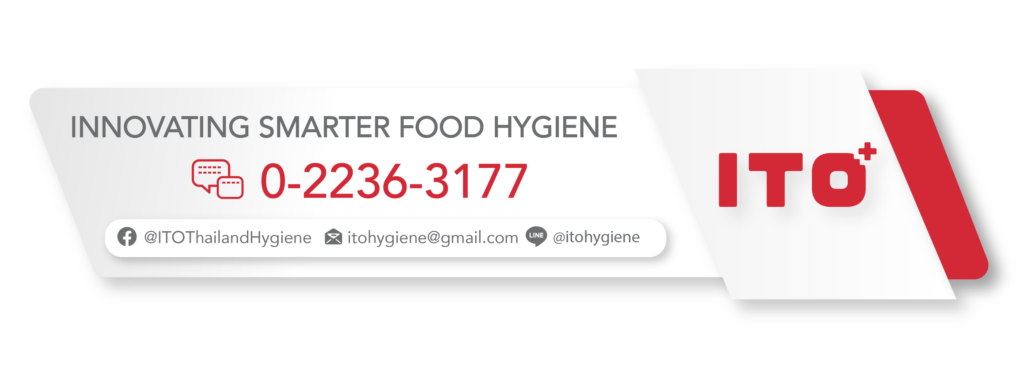ITO Thailand Hygiene Blog
4 impacts if your food products have no food safety (Part 2)
3.Legal actions
According to the Food Act B.E. 2522 of Thailand, it states that if food (including food containers) is contaminated, impure, adulterated, does not meet standards, not hygienic or likely to be harmful to the health of the public, that food manufacturer may be subject to suspension or revocation of the license to produce the food.
Furthermore, some cases may be subject to fines or imprisonment; for example, if the product does not meet the criteria prescribed in the Government Gazette, such as in case the mixture or food additives do not pass the inspection and analysis, the manufacturer may be fined not exceeding twenty thousand baht (Section 47), in case the food container does not meet the requirements, the manufacturer shall be subject to imprisonment for not exceeding two years or fines of not exceeding twenty thousand baht or both (Section 48), etc., as summarized in the below table of which detailed information can be read more here:
Table 1 Summary of the Penalty Provisions under the Food Act B.E. 2522 [1]
4.Product recall/ withdrawal
In addition to the legal action, the unsafe food has to be recalled or withdrawn from the market to prevent harm to consumers. The difference between food recall and food withdrawal is food recall is to immediately remove food that is at health risk from selling. In this regard, the manufacturer/importer must be responsible for recall and notifying the relevant authorities whereas food withdrawal is to remove the food products that have not yet been harmful to health but they may be at risk due to being non-standard products, having unusual labels or being pending for additional health risk investigation [2].
When there is a problem of food safety, food manufacturers in the same or similar group should further consider their production processes and their own risks whether they are at the same risk as that of the problem occurred or not and how to set the contamination prevention measures in order to prevent the problem and to raise the standards of food safety of the organization to be regularly updated.
As for product recall news, the Bureau of Food Safety Extension and Support has made a public relation about the recalls of various unsafe food products of which news can be followed from here.
Related Post
-
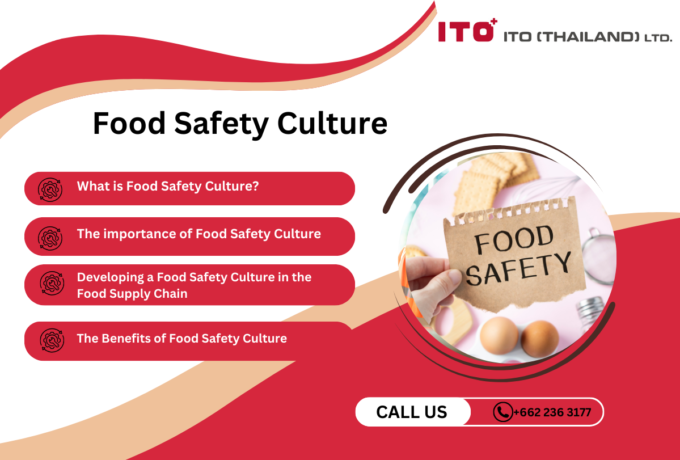
Food Safety Culture
Food safety culture plays a crucial role in safeguarding the company's reputation, ensuring the well-being of its employees, and providing a safe experience for its customers.
-
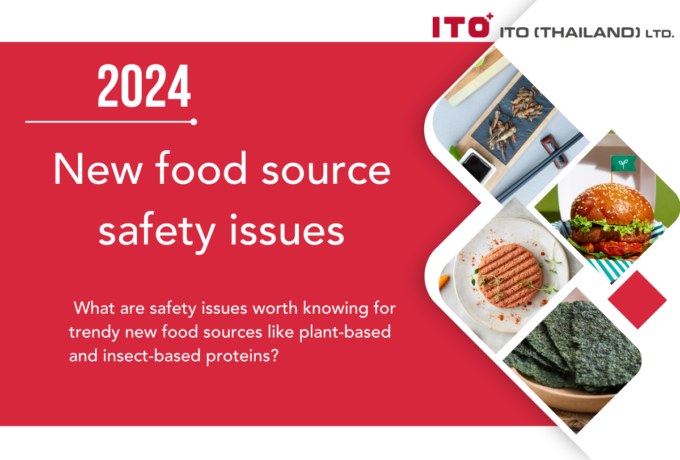
New food source safety issues
What are safety issues worth knowing for trendy new food sources like plant-based and insect-based proteins?
-
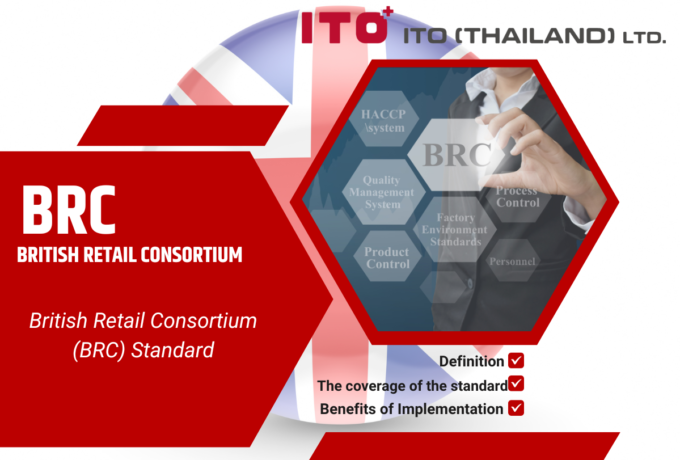
British Retail Consortium (BRC) Standard
Food safety management systems play a vital role in ensuring the production and distribution of safe and high-quality food products to consumers. With the global food supply chain becoming increasingly complex, food businesses must implement effective systems prioritising safety, quality, and compliance with industry standards. A food safety management system encompasses a set of procedures, processes, and controls designed to identify, prevent, and manage potential hazards at every stage of the food production and supply process. This proactive approach not only safeguards consumers' health but also protects the reputation and credibility of food companies in an ever more competitive market.
-
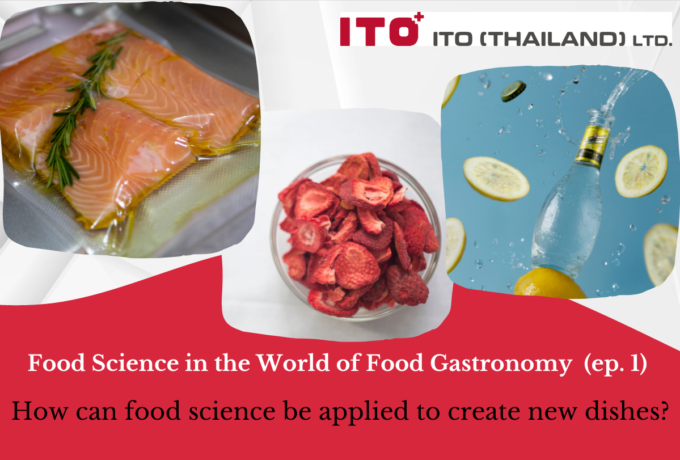
Food Science in the World of Food Gastronomy (Part 1)
How can food science be applied to create new dishes?
-
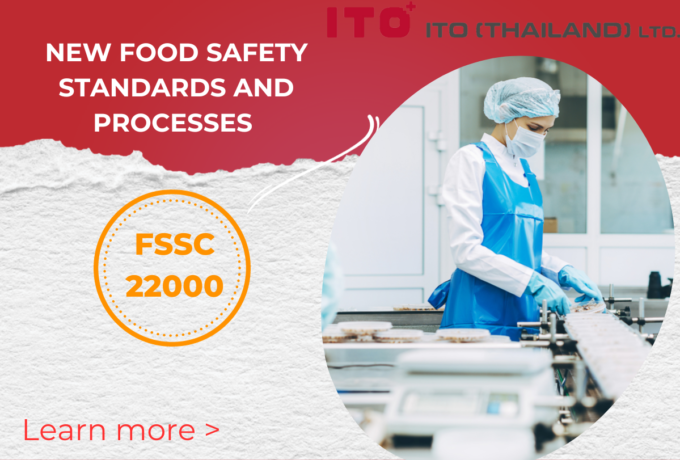
FSSC 22000
Food manufacturers must ensure food safety standards and processes. FSSC 22000 is an official certification program for Food Safety Management Systems (FSMS) recognised by the Global Food Safety Initiative (GFSI). This certification scheme offers a set of guidelines and procedures to ensure uniformity, openness, and safety across your entire supply chain. It applies to all companies operating within the food and beverage industry, ranging from farmers to retailers. By fulfilling the necessary criteria and obtaining FSSC 22000 certification, it is demonstrated that the required standards for food quality and implementing effective processes to manage and mitigate risks associated with food fraud, foodborne illnesses, expensive recalls, and other external threats are met.
-

Food Safety Aspects of Artificial Sweeteners
Artificial sweeteners, also known as sugar substitutes, non-nutritive sweeteners, or high-intensity sweeteners, are artificially produced compounds utilised in place of sucrose (table sugar) to add sweetness to food and drinks. Due to their significantly higher sweetness than regular sugar, only a fraction of artificial sweeteners (200 to 20,000 times less) is required to achieve an equivalent level of sweetness. Since the caloric contribution of these sweeteners, when used in such small quantities, is insignificant, they are often referred to as non-nutritive (4).










